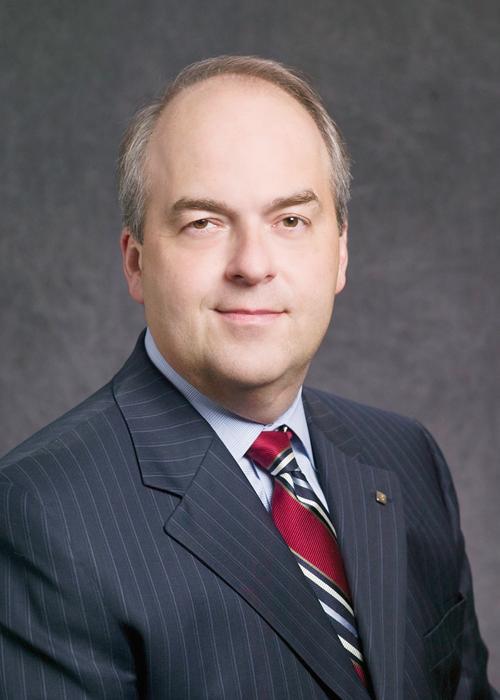Participants in the secretive process of selecting the LSU president were advised to systemically avert Louisiana public records laws, according to the transcript released Saturday of Presidential Search Committee chairman Blake Chatelain’s deposition last Monday.
According to Chatelain’s comments in the transcript, the University’s lead legal counsel Shelby McKenzie advised committee members to use personal email accounts and avoid written communication regarding the specific candidates and their names, all in an effort to avoid communication that would fall under Louisiana public records laws.
Editor in Chief of The Daily Reveille Andrea Gallo filed suit against the University earlier this month — after being denied public records requests for all of the candidates’ names — on the grounds that, by Louisiana law, the names and qualifications of candidates for public positions must be made public. NOLA.com | The Times-Picayune and The Advocate filed suit as well.
“We learned that the Board set up a very sophisticated way to review potential LSU presidents in hopes that it would not violate Louisiana public records law,” said Scott Sternberg, Gallo’s lawyer.
Chatelain was asked by lawyer Lori Mince, who represents NOLA.com | The Times-Picayune and The Advocate, why personal emails were not disclosed after The Advocate’s public records request of all communications between representatives of the search firm and members of the Board of Supervisors or the Presidential Search Committee.
“It is my understanding that I didn’t have to produce those,” Chatelain said, “based on counsel’s advice.”
Upon Mince’s questioning, Chatelain confirmed that he remembered McKenzie telling the committee it should avoid written communications because members would be subject to the Louisiana Public Records Act.
“It was critical because confidentiality of candidates is important,” Chatelain said. “I don’t think he advised us to put nothing in writing, but as it pertained to candidates, that we should be very careful.”
Chatelain also detailed numerous undisclosed documents used during the search, including a binder full of “roughly 10” candidates’ résumés used during an executive session Feb. 1 that was used as reference during the selection process. The executive session was closed to the public.
Among Mince’s exhibits were documents in which Ray Lamonica, former general counsel to the LSU System, outlined a code of conduct to “respect confidentiality of informal inquiries, discussions and statements.”
All members of the committee were asked to sign the code of conduct, which states, “I understand that informal communications, discussions and inquiries are necessary to attract high quality finalists” and to avoid putting their current positions in jeopardy.
Along with personal emails, other means of informal communication were utilized as well, as discussions between Chatelain and individual members of the committee regarding their preferred candidates were conducted via individual telephone calls.
When asked how he recorded the selections of the 13 committee members while speaking with them over the phone, Chatelain said he may have had a sticky note or note pad — though “for the most part I was pretty familiar with who I thought the top candidates were,” he added.
It was by this process that the committee narrowed 35 candidates to the recently elected LSU president F. King Alexander; the process began with about 100 candidates. The remaining candidates for the position have not been released.
“The deposition speaks for itself,” Sternberg said.
NOLA.com | The Times-Picayune and The Advocate’s case is scheduled to be heard April 25, according to NOLA.com | The Times-Picayune, while Gallo’s suit is scheduled for April 30.
Search for president dodged public eye
April 21, 2013








